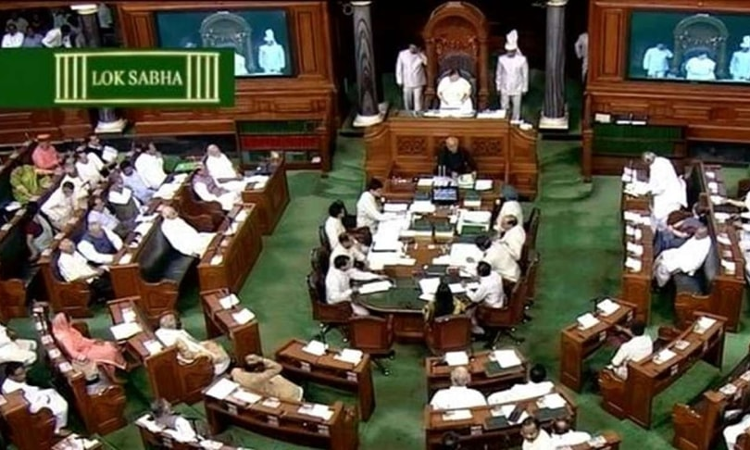- Home
- /
- News Updates
- /
- Lok Sabha Passes Marine Aids to...
Lok Sabha Passes Marine Aids to Navigation Bill, 2021
Akshita Saxena
23 March 2021 6:19 PM IST
With "enormous technological development" in the field of marine navigation, the Lok Sabha on Monday passed the Marine Aids to Navigation Bill, 2021. It seeks to put in place a statutory framework for regulation of technological advancements in marine aids to navigation, and remove the operational difficulties arising thereof. The Bill also proposes to repeal the Lighthouse Act,...
Next Story



